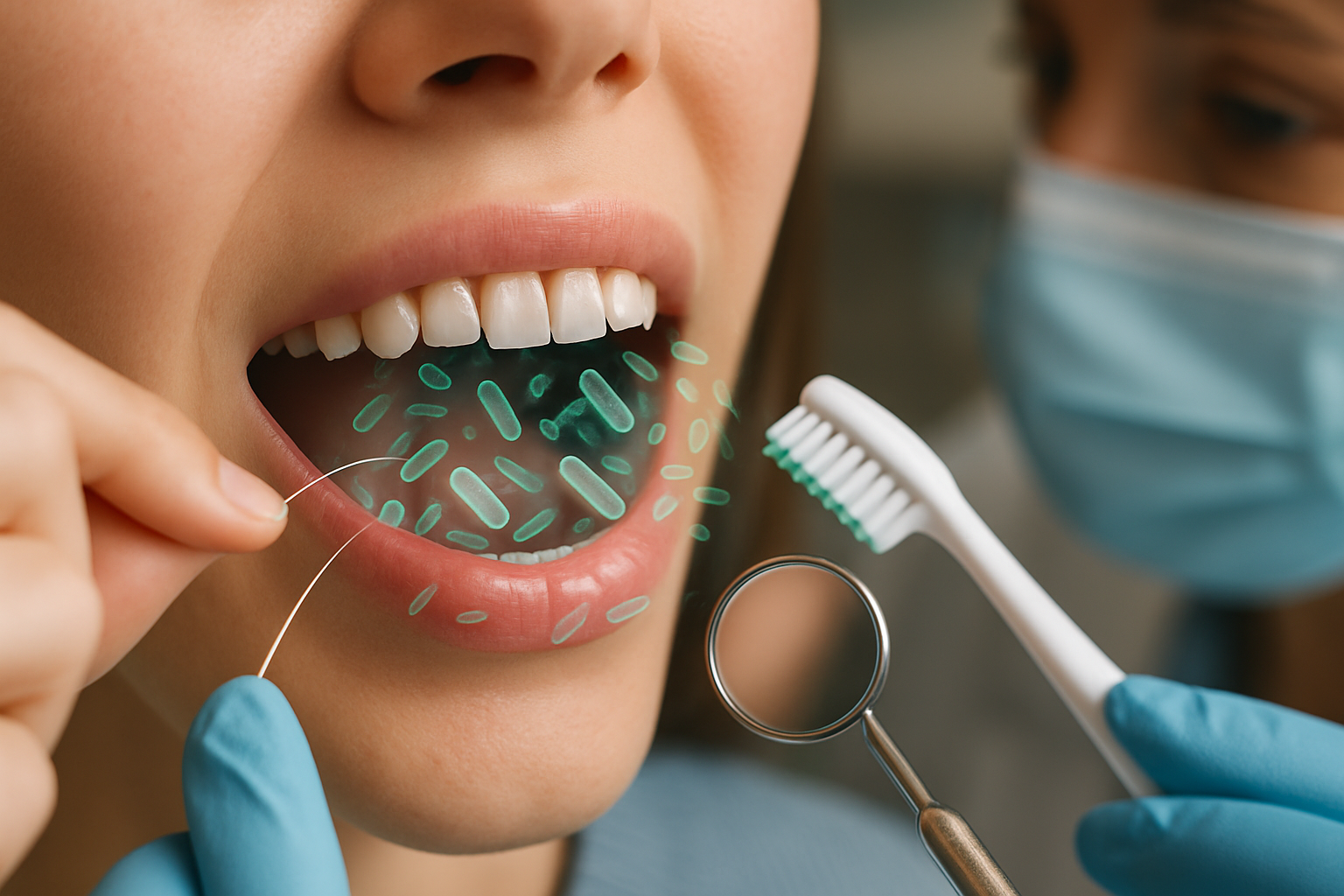Why you should take care of your teeth
Taking care of your teeth is important not only for a beautiful smile, but also for the health of your entire body. Tooth decay and infections can cause pain, inflammation, and even affect your heart and immune system. Timely treatment helps preserve your teeth and avoid complicated procedures.

Your oral health serves as a gateway to your overall physical health, making dental care one of the most important investments you can make in yourself. The mouth harbors millions of bacteria, and without proper care, harmful microorganisms can multiply rapidly, leading to infections that may spread beyond your teeth and gums. Understanding the importance of dental maintenance helps you make informed decisions about your oral health routine and professional care.
How dental problems affect your overall health
Research consistently shows strong connections between oral health and systemic diseases. Gum disease has been linked to heart disease, stroke, diabetes complications, and respiratory infections. The bacteria from infected gums can enter your bloodstream, potentially causing inflammation in other parts of your body. Pregnant women with gum disease face increased risks of premature birth and low birth weight babies. These connections highlight why maintaining healthy teeth and gums extends far beyond cosmetic concerns.
When to see a dentist for professional care
Regular dental visits every six months help prevent minor issues from becoming major problems. However, certain warning signs require immediate professional attention. Persistent tooth pain, bleeding gums, loose teeth, chronic bad breath, or sensitivity to hot and cold foods indicate potential problems that need expert evaluation. Early intervention by a qualified dentist can save teeth that might otherwise require extraction or extensive treatment.
How to fix my teeth without breaking the bank
Many people avoid necessary dental treatment due to cost concerns, but several strategies can make care more affordable. Dental schools often provide discounted services performed by supervised students. Community health centers may offer sliding-scale fees based on income. Some dentists provide payment plans or accept dental discount programs. Preventive care remains the most cost-effective approach, as regular cleanings and checkups prevent expensive procedures later.
| Treatment Type | Average Cost Range | Money-Saving Options |
|---|---|---|
| Routine Cleaning | $75-$200 | Dental schools, community clinics |
| Basic Filling | $100-$300 | Dental discount plans, payment plans |
| Root Canal | $800-$1,500 | Endodontic schools, insurance coverage |
| Crown | $800-$2,000 | Dental tourism, lab direct options |
| Tooth Extraction | $150-$400 | Community health centers |
Prices, rates, or cost estimates mentioned in this article are based on the latest available information but may change over time. Independent research is advised before making financial decisions.
Daily habits that protect your teeth
Effective oral care requires consistent daily practices that remove plaque and bacteria. Brushing twice daily with fluoride toothpaste removes food particles and bacterial buildup. Flossing reaches areas between teeth where toothbrushes cannot clean effectively. Using an antimicrobial mouthwash provides additional protection against harmful bacteria. Limiting sugary and acidic foods reduces the fuel that bacteria use to produce tooth-damaging acids.
Long-term benefits of proper dental care
Investing in dental health pays dividends throughout your lifetime. Well-maintained teeth allow you to eat nutritious foods comfortably, supporting better overall nutrition and health. Healthy teeth and gums boost self-confidence in social and professional situations. Preventing major dental problems saves significant money over time, as restorative treatments cost far more than preventive care. Good oral health also reduces your risk of developing serious systemic diseases linked to gum disease and oral infections.
Maintaining excellent oral health requires both personal commitment to daily care and regular professional maintenance. The investment in time and money for proper dental care provides returns in improved health, confidence, and quality of life that last for decades. Taking action today to establish good oral hygiene habits and seek appropriate professional care protects your teeth, gums, and overall health for years to come.
This article is for informational purposes only and should not be considered medical advice. Please consult a qualified healthcare professional for personalized guidance and treatment.




